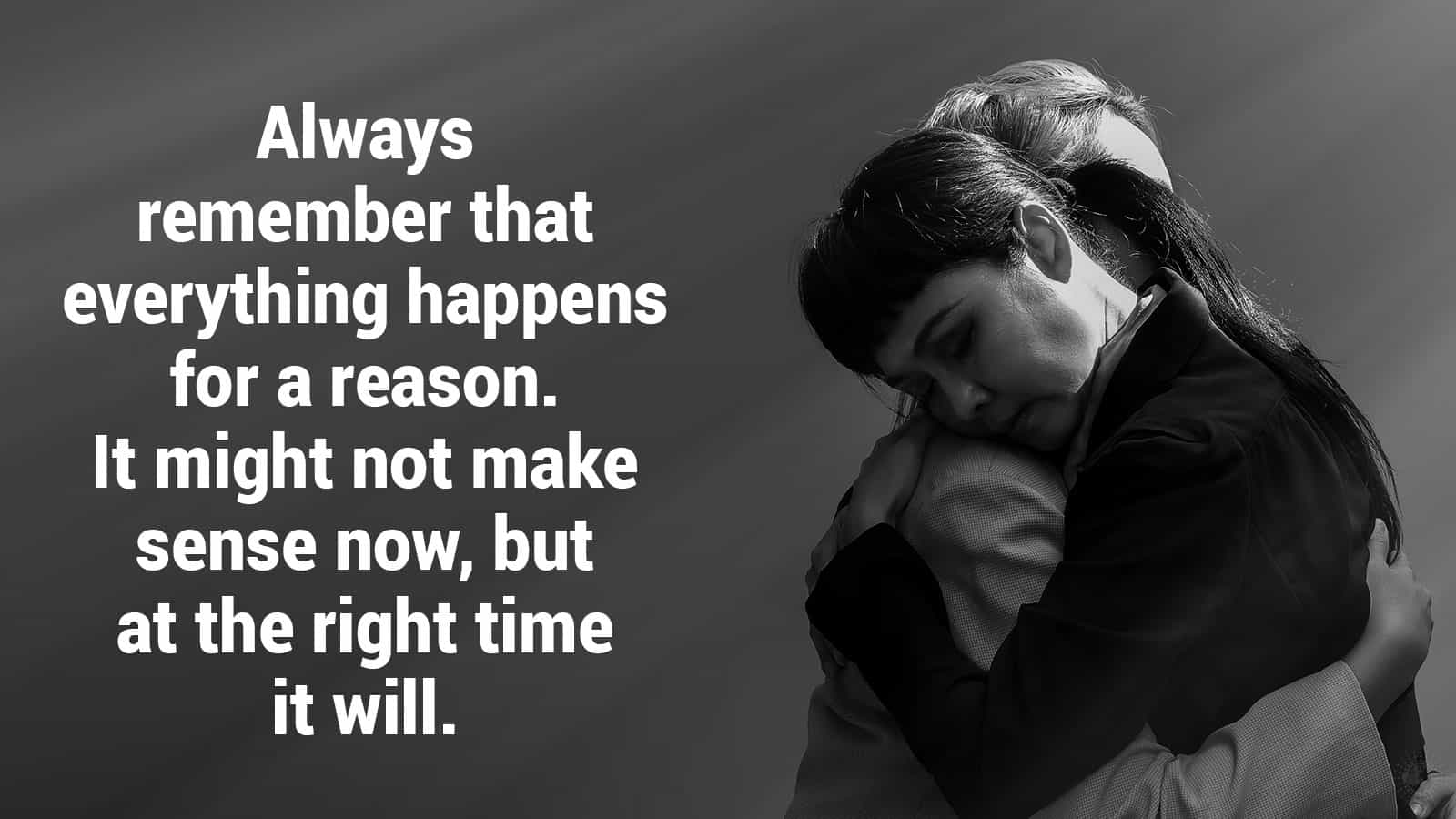Do you feel instantly happy the moment you hear the first bars of your favorite song?
According to a 2019 Gallup poll that examined the emotional state of people in America, over 55 percent of the U.S. population reported experiencing some degree of stress in their daily life. And this was roughly 20 percent higher than the global average of 35 percent. While any form of stress can take a toll on your mental health, chronic stress can impact your physical health.
That being said, it is worth pointing out that American teens and adults struggle with chronic stress more than ever. To help clarify the difference between low-level and chronic stress, we should take a look at them individually. In short, people experiencing low-level or mild forms of stress in their lives may find themselves having to contend with:
- bouts of anxiety
- depression
- fatigue
- insomnia
Those who have chronic stress in their lives are struggling with the same symptoms; however, they are also dealing with physiological changes that can potentially jeopardize their health as well.
How Does Chronic Stress Affect Your Physical Health?
Now that we understand some of the fundamental differences between low-level and chronic stress let’s take an even deeper dive into chronic stress. Furthermore, let’s look at how it can potentially affect one’s physical health.
First and foremost, whether we are talking about low-level or chronic stress. Note that the two “stresses” are not dissimilar. Indeed, they both are a byproduct of the body’s reaction to what it perceives as being a harmful or difficult situation. To further put this into perspective, when we encounter difficult times in our lives, both the brain and body will enter into what is known as “fight or flight” mode.
This “fight or flight” mode triggers feelings of panic or distress that typically motivates us to find ways to overcome those difficult times in our lives. However, in some cases, we might choose to run away from such problems. And in doing so, we allow them to consume us to the point where stress, depression, and anxiety begins to wreak havoc on our lives. From a physical standpoint, the longer we remain in this “fight or flight” mode, the more likely we are to fall victim to physiological changes that can impact our health. Several studies show that individuals who are dealing with prolonged chronic stress will usually experience the following physical symptoms.
Physical symptoms of stress:
- Muscle tightness
- Elevated blood pressure
- An increase in heart rate
- Faster breathing
Along with these symptoms, those who do not take steps to resolve the chronic stress in their lives will also experience an increase in cortisol, a stress hormone that can increase blood glucose levels in the bloodstream. This increase in cortisol and blood glucose levels can have a profound impact on the body, insomuch that it can potentially suppress the digestive system and alter immune system responses. What’s more, excessive cortisol, when brought on by prolonged chronic stress, can negatively affect the reproductive system and disrupt the body’s natural growth processes.
Chronic Stress Causes Additional Health Problems
The combination of elevated cortisol levels and prolonged chronic stress, according to AARP, can also give way to the following:
- Stomach problems
- Cardiovascular disease
- Sleep dysfunction
- Slower healing times
- Weight gain
- Becoming increasingly susceptible to the common cold
- Back, neck, and shoulder pain
How Does Low-level and Chronic Stress Impact Your Mental Health?
From a psychological standpoint, both low-level and chronic stress can significantly impact one’s mental health if not corrected. According to a study published by BMJ, a peer-reviewed medical journal, more than 800,000 people around the world commit suicide every single year. Friends and family members often later believe that stress played a role in their decision to take their own life. Some of the stressful events cited by those family members and friends included the following:
- Conflicts with co-workers
- Family problems
- Job loss
Problematic romantic relationships - Financial problems
- Legal troubles
It should be noted that these same problems also contributed to suicidal ideations among those who chose not to let stress push them into taking their own life.
How to Cope With Low-level and Chronic Stress
Having spent a great deal of time detailing the physical and psychological toll that stress can take on one’s life, let’s take a moment to address how to reduce and maybe even eliminate it from our lives entirely. There is a plurality of things that can make day-to-day living stressful. However, there are many ways to go about reducing stress, and they all can go a long way toward keeping us physically and mentally healthy, some of which include meditation, exercise, journaling, and getting enough sleep. Of course, some of these strategies might work better for some than others. Therefore, you will want to try several different approaches until you find one that works best for you.
Can music help melt away stress?
In discussing ways to reduce or eliminate stress naturally, listening to music should be part of that conversation. According to a study published by the University of Nevada, Reno, one of the oldest public research universities in America, the right song can do much more than entice you to dance, tap your feet, or bob your head. The study found that a good song, measuring about 60 beats per minute, synchronizes the brain to the beat’s tempo. And this synchronization eventually leads to the development of alpha brainwaves, which are frequencies measuring between 8 to 14 hertz per second. According to scientists and researchers involved in the study, when high-stressed individuals listened to their favorite song that met these specific criteria, they became noticeably relaxed. Beyond that, they experienced a significant drop in their stress and anxiety levels.
What Songs Should You Liston to if You Have Low-level or Chronic Stress?
When it comes to listening to music to ease low-level and chronic stress, you can put your favorite song or even an instrumental on repeat as either will help melt stress away. After all, the healing power of music, particularly when it comes to stress relief, has a lot more to do with the beat than the actual lyrics of the song. The same study published by the University of Nevada, Reno revealed the following type of music, with or without lyrics, were highly effective in relaxing the mind and tamping down feelings of stress:
- Native American music
- Celtic music
The study also found that Indian music, especially the kind with drum, flute, or stringed-instrument sounds, was quite effective in calming the mind and resolving stress. And the power of music did not stop there. The same researchers and scientists involved in this highly sophisticated study also pointed to jazz as another viable option for those seeking to ease stress by listening to music.
As with any other form of music, jazz can be an ear-pleasing mix of soothing melodies that make up a good song or a stand-alone instrumental. However, jazz music that contains atmospheric sounds, such as light rain or wind, is more relaxing among those who listened to it to cope with the stress in their lives. The same was also true among those who listened to this particular type of jazz to resolve feelings of anxiety.
Can the Wrong Song Choice Intensify Your Feelings of Stress?
Unfortunately, music can sometimes be a double-edged sword when it comes to helping to reduce or eliminate stress from one’s life. Listening to the right music can quickly bring you out of a depressive state, banish feelings of anxiety, and even melt away stress.
However, the wrong music can intensify all of these feelings and make you worse. For example, if your romance ended, and you hear a sad love song on the radio, you could end up feeling even more depressed. Conversely, if you hear an uplifting song about love, you will feel more optimistic. You might also believe that another relationship lies around the corner.
The same applies to feelings of stress. Certain types of music might push you deeper into “fight or flight” mode. Unfortunately, that could increase tension and cause you to feel panic-stricken. Ideally, it would be best to seek out the expertise of a music therapist who can advise you on the type of music that will work best for you.
In short, a music therapist completed an approved music therapy program. Therefore, they hold a license to plan, organize, and prescribe music therapy activities. Additionally, they help patients come up with a playlist of songs. All of these activities can positively influence patients’ psychological or behavioral state. And yes, outcomes include reducing stress, anxiety, depression, and other mental health problems.
Final Thoughts: Your Favorite Song is Medicine for Your Soul
In summary, turn on some music when you feel weighed down by stress, anxiety, or depression. Finding a good song on the playlist on your smartphone is worth its weight in gold.

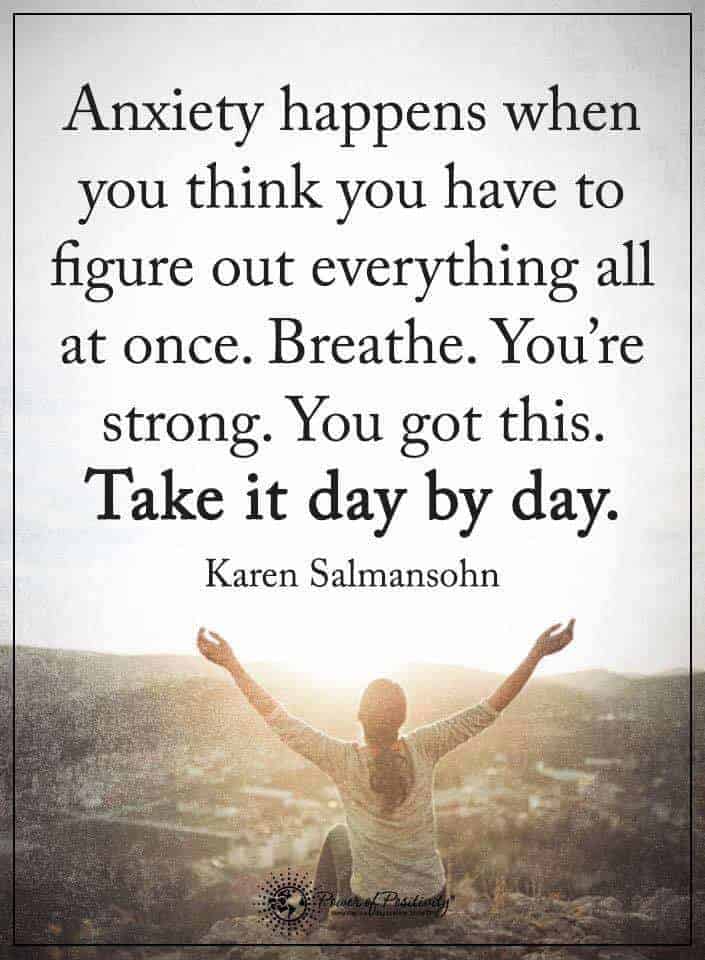





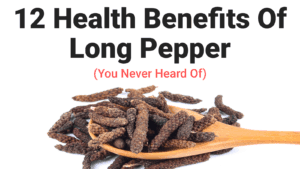

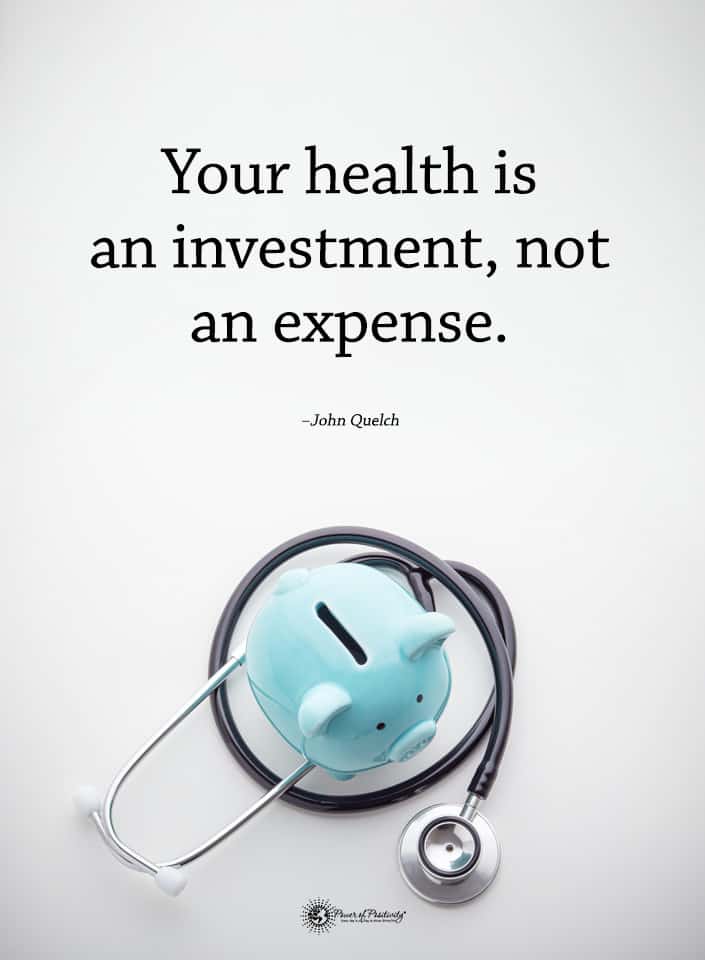 Chickenpox is a viral infection caused by
Chickenpox is a viral infection caused by 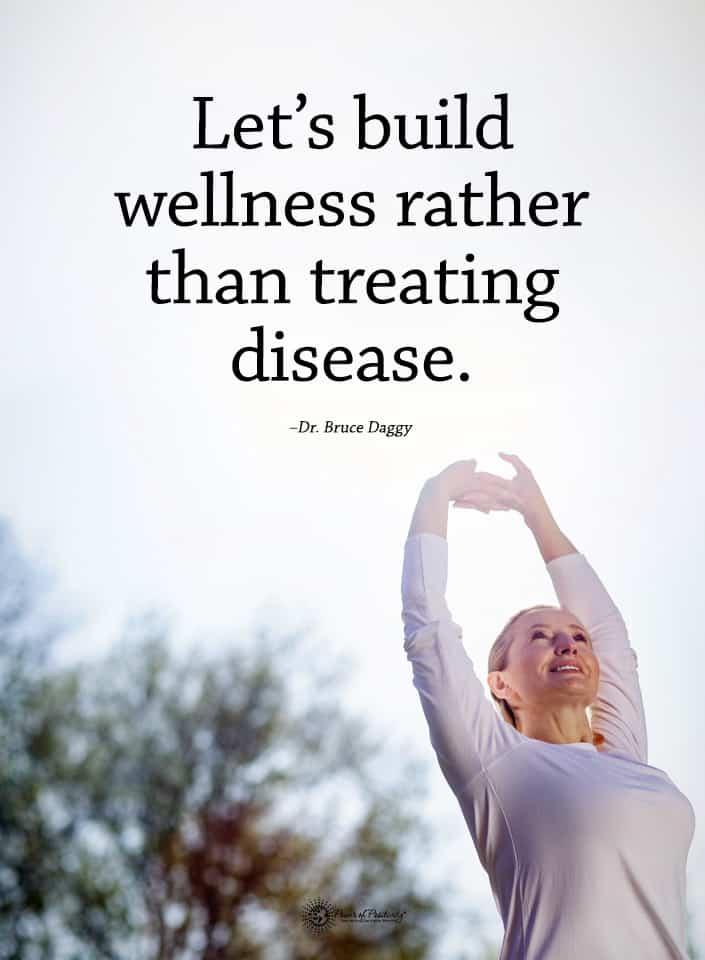 What Are the Complications Associated with Chickenpox?
What Are the Complications Associated with Chickenpox? Final Thoughts on Chickenpox: Symptoms, Causes, Treatment, and Prevention
Final Thoughts on Chickenpox: Symptoms, Causes, Treatment, and Prevention